Do you live in the UK? Have you ever thought about going stargazing? Well then this list is made for you! Here we present the 25 best places in Britain to look at the stars, either with the naked eye or with equipment. We hope you enjoy it!
Galloway Forest Park

The only ‘International Dark Sky Park’ in the UK, the Galloway Forest Park is one of the darkest places in Britain. The Park covers 300 square miles and you can see thousands of stars at night if you are lucky!
Kielder forest, Northumberland

Kielder forest in Nortumberland is the largest forest in the UK and is also home to its own observatory (www.kielderobservatory.org).
Usk Reservoir

Located in South Wales, the reservoir is part of the Brecon Beacons national park and covers an area of 280 acres. Many great sightings have been made here!
Romney Marsh

Situated in the south-east of England, Romney Marsh covers a total of 100 square miles and is very sparsely populated, leading to very little light pollution and lots of open spaces from where you can easily observe the stars at night.
Cairngorms

The Cairngorms are a mountain range in Scotland and are a very popular winter sports area in the country. The area can be very hazardous at times, with dangerous and unpredictable weather conditions.
Elenydd mountains

Elenydd is an upland area in central Wales and is one of the country’s most remote places, therefore it is relatively free of light pollution.
Wenlock Edge, Shropshire

This escarpment is well-known due to its unique geology and is about 20 miles long. Today it is a popular area for hikers of any standard, and the woodland that you can see in the picture is well preserved. The open spaces here provide a fantastic place to observe the night sky from.
Dark Sky Discovery Site, Derwent Rerservoir

This reservoir is famous for the quality of its night-time skies, but is only available during organised events.
Isle of Skye

One of the darkest places in Europe, nine locations on the isle are Dark Sky Discovery Sites, making it an ideal place to observe the stars.
Kelling Heath, North Norfolk

Situated right on the coast in North Norfolk, the heath covers about 90 acres and sits amongst 250 acres of woodland and rare open heathland in an Area of Outstanding Natural Beauty.
Isle of Man

The Isle of Man has long been recognised as having dark night skies, contributing to the peaceful attitude on the island. There is almost no light pollution on the island, making the night skies appear very clear and perfect for stargazing!
The Island of Sark

In 2011, the Island of Sark was designated as the very first Dark Sky Island in the world. Cars are not allowed on the island and there is no public lighting, so there is a minimal amount of light pollution here. Sark is arguably the least well-known of the Channel Islands and does not attract as many visitors as its neighbours. However it is arguably the most beautiful and tranquil of the islands.
Isle of Coll

After the aforementioned Island of Sark, Coll is the second dark sky island in the world and therefore provides an amazing place to view the stars. Located just off the coast of western Scotland, the night sky above Coll is statistically one of the best for astronomers in the whole of the UK! There are great facilities here, and astronomy courses run once a month as well!
Dalby Forest in North Yorkshire

Dalby Forest is a forest located on the southern slopes of the North York Moors National Park in North Yorkshire, England. The forest is a popular site for trekking and stargazing of course.
Cygnus Observatory, Washington Wildfowl Park & Wetlands Centre

Home to the Sunderland Astronomical Society, this centre is a fantastic place to practice the hobby of stargazing.
Brecon Beacons National Park

This park has recently become the world’s 5th International Dark Sky Reserve and is home to the highest peak in southern Britain. If it happens to be a clear night here, you could be lucky enough to see nebulae and even the Milky Way!
Barr Beacon

Barr Beacon is located just outside of Walsall and is one of the highest points in the West Midlands. It has been assigned the status of “Local Nature Reserve” and as such is very well conserved.
Exmoor

Exmoor was granted International Dark-Sky Reserve status by the International Dark-Sky Association in 2011. Light pollution is very low, making the area more appealing to anyone interested in observing the night sky!
Pontsticill Reservoir

This reservoir is situated inside the Brecon Beacons National Park and is popular amongst fishermen and sailors. There are many hiking routes around this area of the park as well. The reason the reservoir is on the list is because of the clear night skies that can be viewed from here.
Stonehenge

This prehistoric monument near Salisbury provides a great spot to stargaze. Built roughly 4,000-5,000 years ago, this unique site is one of the most famous in the world.
Black Down, Sussex

This is the highest point in the South Downs. From here it is possible to see a vast array of stars with the naked eye, as well as bats too.
Mam Tor, Derbyshire

Situated in the Peak District, this hill is infamous in the local area for its frequent landslides. Mam Tor stands at just over 500m high and is largely free of any light pollution.
Rendlesham Forest, Suffolk

This forest is infamous for a strange event that happened here in 1980. Known as “Britain’s Roswell Incident,” there was a reported UFO sighting – and landing – here, or so claim a number of US Air Force personnel stationed nearby.
Knighton, Powys, Wales

This is home to the Spaceguard observatory (http://spaceguardcentre.com/). Being very remote, there is little to no light pollution, whcih means clear night skies are a frequent occurrence!
Alice Holt Forest, Surrey

Here you can go stargazing with the Farnham Astronomical Society. The forest forms part of the South Downs National Park and provides a perfect setting for observers.
Bonus Spot – Your local area!
Why not go into your garden or your local park and have a look around you? The chances are you will be able to see the stars and some constellations too!
Image Sources – All from commons.wikimedia.org
2005biggar, The Boy that time forgot at the English language, Mike Williams, Ian Dunstler, Nigel Brown, Rudi Winter, Dpaajones, Year1989, John Allan, Stavros1, Phillip Capper, Barrie Cann, Sue Jackson, kloniwotski, Sir Stig, Adrian Bailey, michael clarke stuff, Roy Gray, Me haridas, Nigel Mykura, Cosmicutencil, Simon Leatherdale, Peter Evans, Colin Smith
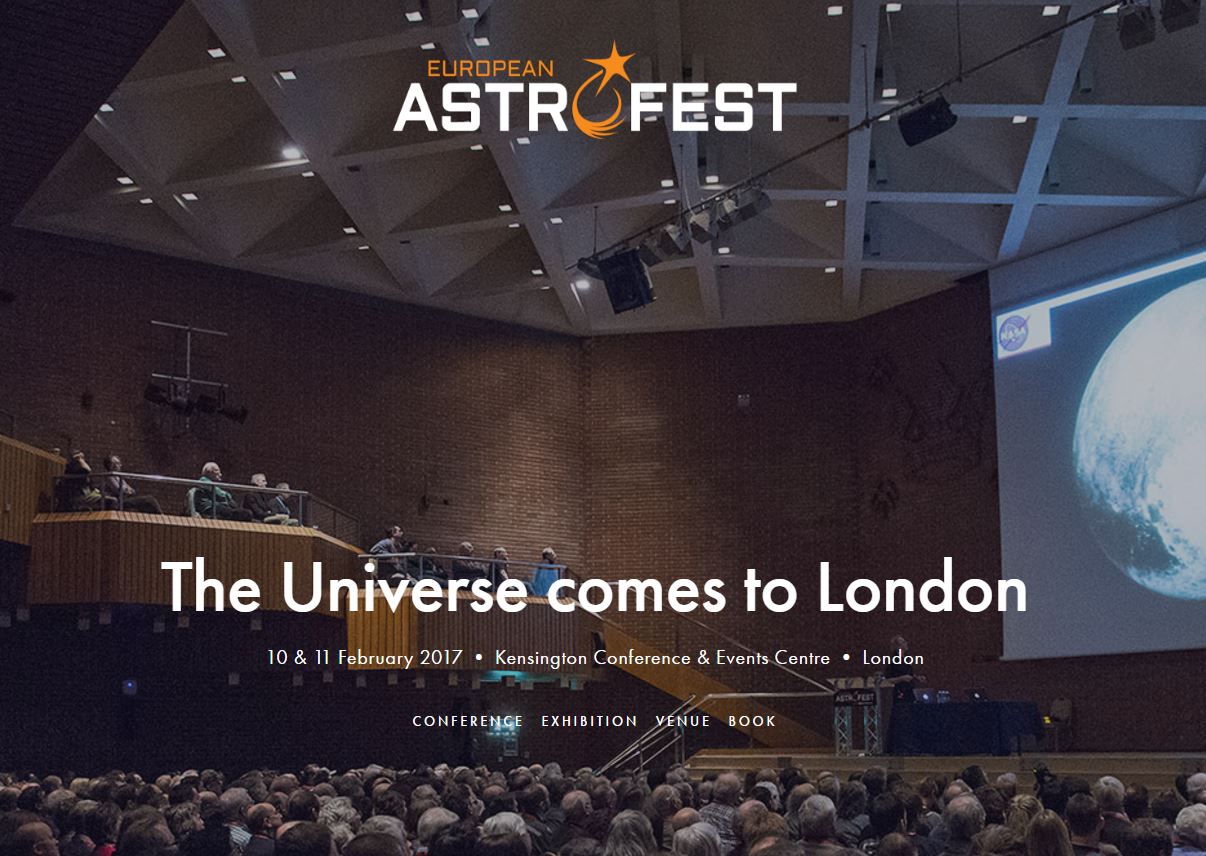 This past Friday and Saturday, we had the pleasure of partaking in AstroFest 2017. Over two days we made many new friends, saw old friends, and overall enjoyed the atmosphere of the show with numerous astro-fans and experts.
This past Friday and Saturday, we had the pleasure of partaking in AstroFest 2017. Over two days we made many new friends, saw old friends, and overall enjoyed the atmosphere of the show with numerous astro-fans and experts.
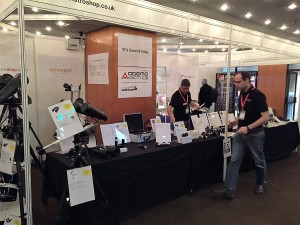
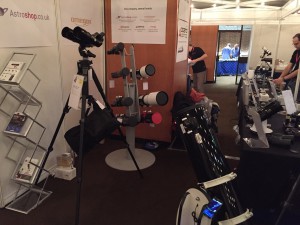
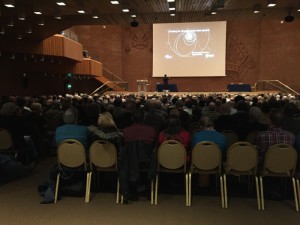
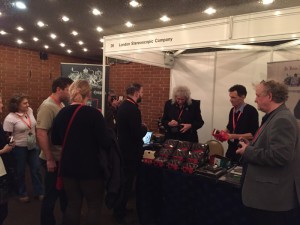
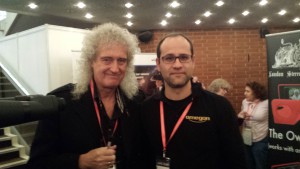

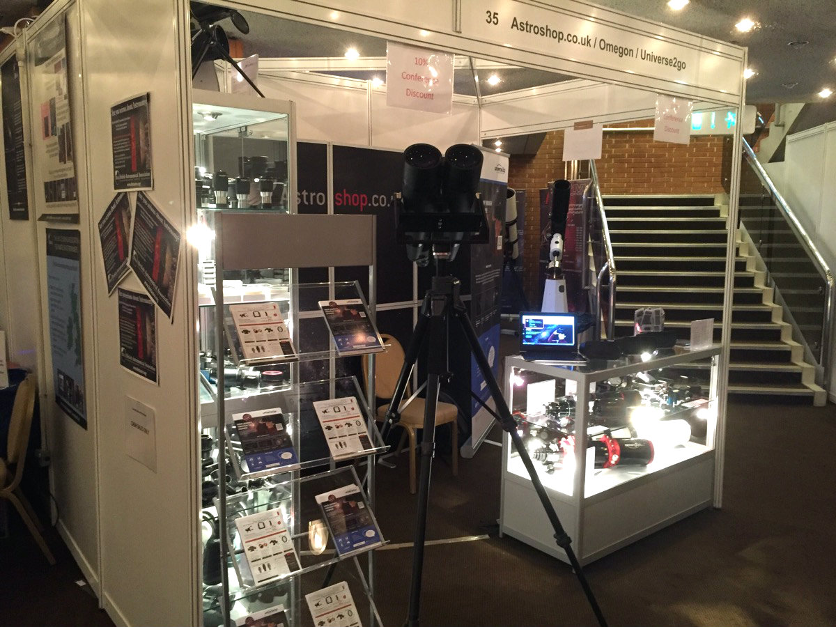
























 We would like to say an enormous thank you to those who have already contributed to this guide, obviously we could not have done this without them. This Guide is a *WORK IN PROGRESS* and we are always open for further contributions.
We would like to say an enormous thank you to those who have already contributed to this guide, obviously we could not have done this without them. This Guide is a *WORK IN PROGRESS* and we are always open for further contributions.